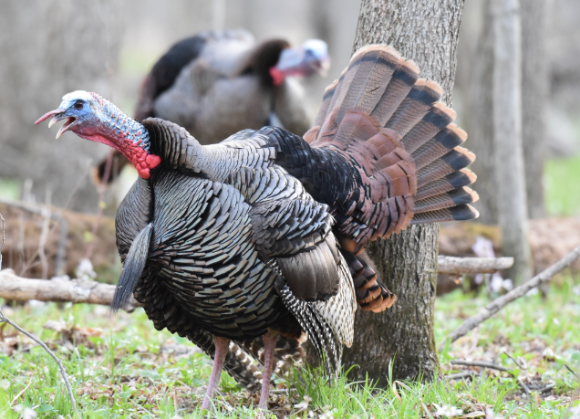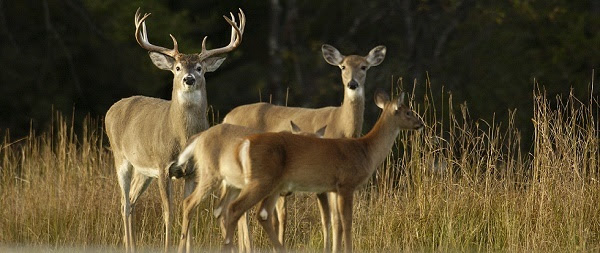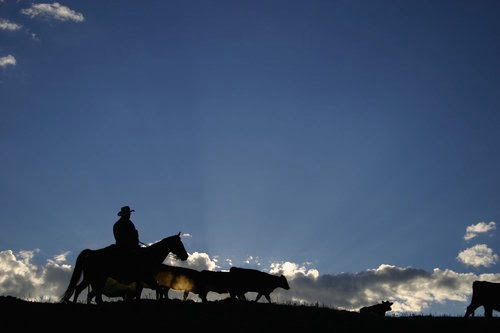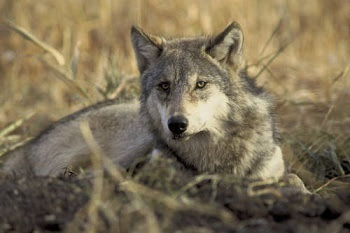USDA Awards $5.5M in Grants to Conserve Community Forests
WASHINGTON — The U.S. Department of Agriculture has awarded $5.5 million in grants for conservation projects on 11 forests from Alaska to North Carolina.
Grants funded through the Community Forest and Open Space Conservation Program provide financial assistance to local governments, Tribal governments, and non-profit organizations. Grantees use those funds to acquire and establish community forests to benefit both rural and urban communities, including helping to mitigate extreme heat. All of the grant projects respond to locally driven priorities and support the Biden-Harris Administration’s goal to increase access and conservation of America’s lands and waters.
“We listened to the needs of these communities and are protecting threatened forests and conserving community values, including recreation access and cultural use of forests,” said Forest Service Chief Randy Moore. “Community benefits include economic growth through more active forest management, cleaner water and healthier forests.”
Grant projects include support for the California’s Potter Valley Tribe to acquire 21 acres of land to restore tribal access for traditional ecological and community uses like plant gathering, fishing and ceremonies. Read more






